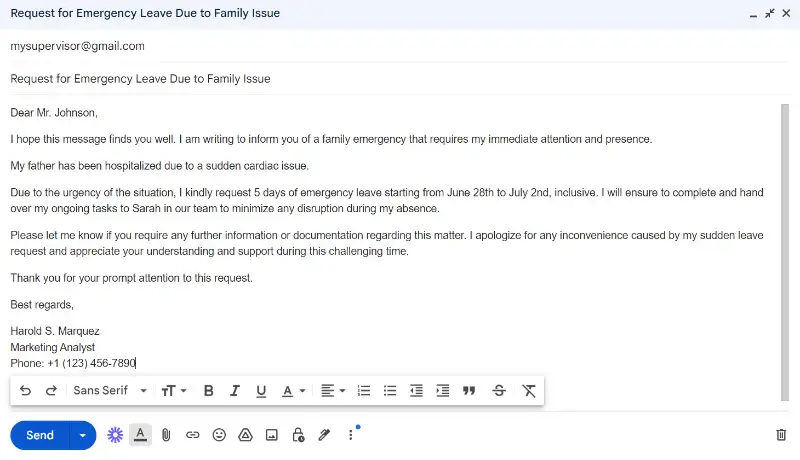Whether you're negotiating a raise or considering a job offer, knowing what others are earning can give you an edge.
However, finding reliable and up-to-date data isn't easy. We've curated a list of 6 best salary comparison websites that offer comprehensive insights, helping you make informed decisions about your career and compensation.
Whether you're a seasoned professional or just starting out, these platforms are essential tools in your job search and career planning arsenal.
Best salary websites
1. Glassdoor
~7 million visits/day
Glassdoor is a popular online platform that allows former and current employees to anonymously review organizations and their management. It provides insights into company culture, salaries, benefits, interview processes, and job openings.
The service allows users to share and compare salary information. This includes base salaries, bonuses, and other forms of compensation across different positions and locations. All data is broken down by job title, location, and company.
Beyond wage comparison, the platform provides a wealth of other information. Employees share reviews about work environment, company culture, management practices, and career growth opportunities.
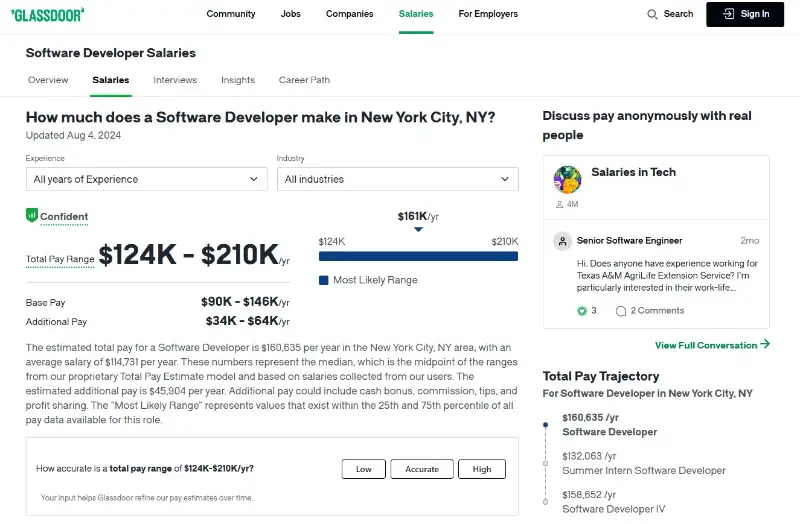
Pros:
- Data is crowdsourced from millions of employees across various industries and locations, providing a broad range of insights.
- Users can see detailed breakdowns of total compensation, including base salary, bonuses, stock options, and benefits.
- Reviews about company culture and work-life balance help users understand the broader package.
Cons:
- Since salary data is self-reported, there can be inaccuracies or inconsistencies.
- The service does not verify the accuracy of each entry, which can lead to skewed data.
2. PayScale
~800,000 visits/day
PayScale provides personalized salary reports based on individual profiles. By inputting information such as job title at resume headline, location, years of experience, education, and skills, users can check tailored salary data that reflects their unique situation.
For businesses, this wage calculator offers compensation research tools that help employers set competitive salary ranges, understand market trends, and ensure pay equity within their organizations. This is crucial for companies aiming to attract and retain top talent.
This platform provides cost of living comparisons that help users understand how far their salary will go in different locations. This feature is especially useful for individuals considering relocation.
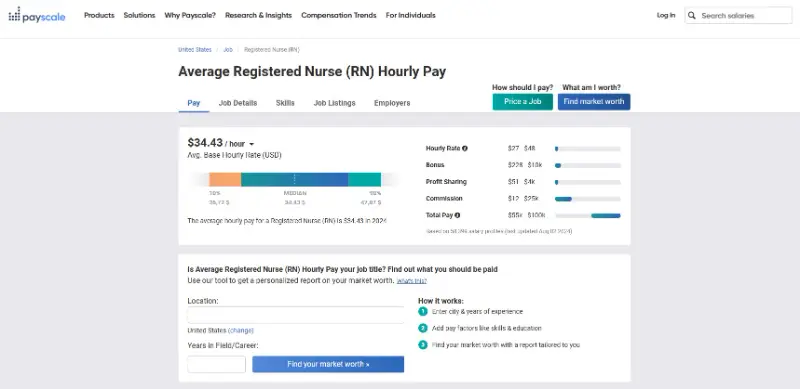
Pros:
- Provides insights into company culture, management, work-life balance, and more from current and former employees.
- Aggregates job listings, making it easier for users to find and apply for positions.
Cons:
- Some detailed data and advanced features like in-depth company analysis are only available with a paid subscription.
3. Salary.com
~350,000 visits/day
Salary.com is a comprehensive website for salary information and career planning. It is widely used by job seekers, employers, and HR professionals to access information about salary ranges, job descriptions, and benefits.
Users can search for specific job titles and receive detailed reports on salary ranges based on factors like location, experience level, and industry. These reports include base pay, bonuses, and total compensation.
The platform offers articles and resources on topics like salary negotiation, career advancement, and job search strategies.
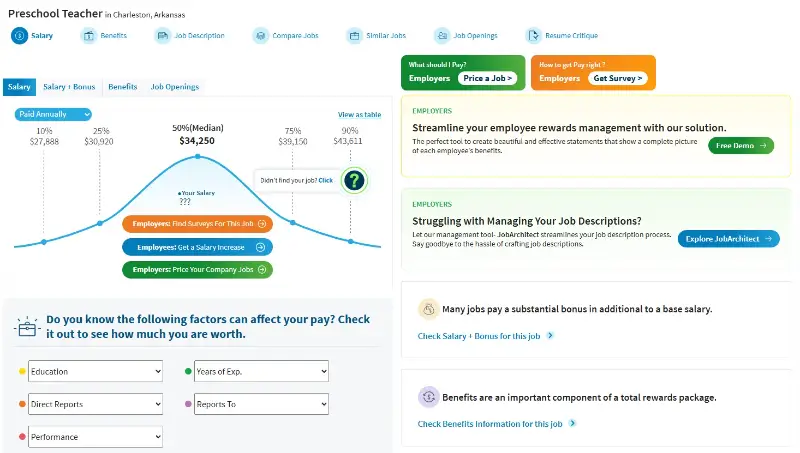
Pros:
- Provides comprehensive information, including base salary, bonuses, and benefits.
- Offers benchmarking tools for comparing your wage against industry standards and peers in similar roles.
Cons:
- Some of the more detailed data and advanced features are only available through paid subscriptions.
4. Indeed Salary Search
~10 million visits/day
Indeed offers a feature that allows users to explore salary information for various job titles, locations, and industries. This tool aggregates data from a wide array of sources, including listings and employee-reported figures, to offer a comprehensive view of typical compensation levels.
The information is displayed as a range, showing the lower and upper ends of what can be expected for a given role. This can help understand the market rate for your skills and experience and can be useful when negotiating salaries or considering career changes.
Additionally, Indeed provides tools to compare salaries across different regions and industries, offering insights into how location and sector can influence earning potential.
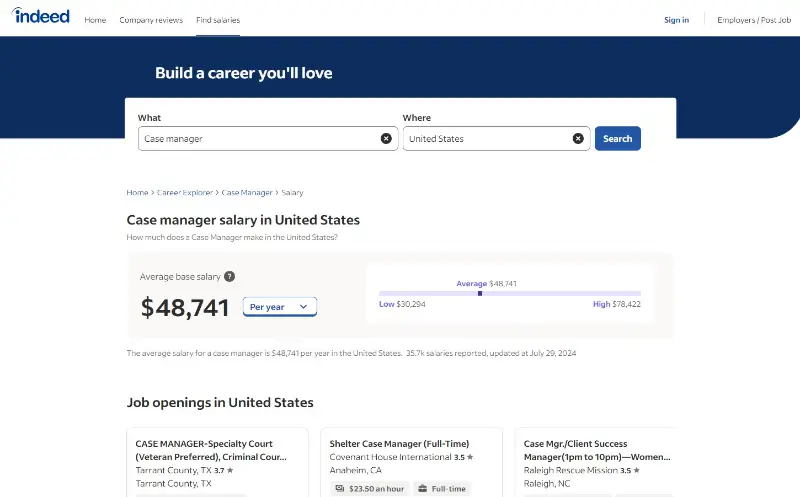
Pros:
- Draws on a large pool of job listings and user-reported salaries.
- Enables comparisons between different job titles or locations.
Cons:
- Lacks detailed breakdowns such as benefits, bonuses, or other forms of compensation.
5. Monster Salary Tool
~300,000 visits/day
Monster is a popular job search website designed to help users gain insights into salary expectations for various roles across different locations.
The salary checker aggregates data from job listings, employer surveys, and other sources to provide a comprehensive overview of compensation trends. Users receive a detailed breakdown of salary ranges, which often includes average, median, and high-end figures.
Additionally, the tool includes insights into factors that influence salary, such as industry demand, cost of living, and educational requirements. This functionality aids users in making well-informed decisions about their career paths.
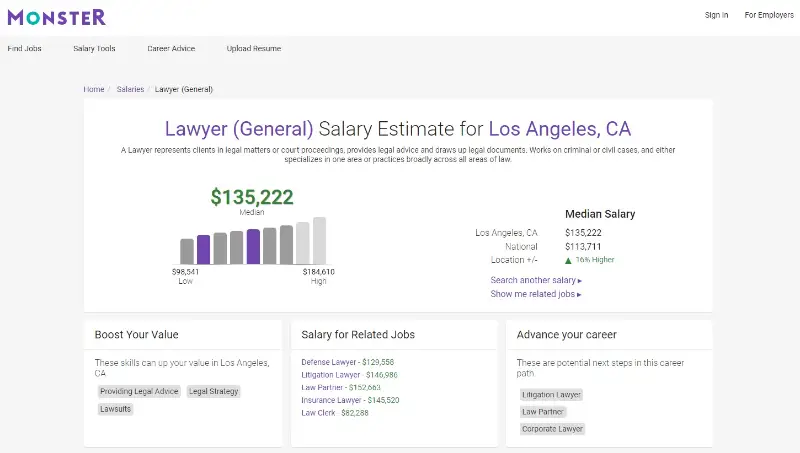
Pros:
- Up-to-date salary information based on current job postings and employer data.
- The website to check salary provides context on factors that can influence compensation.
Cons:
- Might not always reflect the most accurate or complete compensation picture, especially for niche roles or emerging fields.
6. Bureau of Labor Statistics (BLS)
~100,000–150,000 visits/day
The Bureau of Labor Statistics is a key agency within the United States Department of Labor. It offers a website to see salaries and other information related to employment and economic conditions, which is invaluable for job seekers, employers, and policymakers alike.
The BLS publishes a variety of reports and datasets, which detail job descriptions, required qualifications, and salary information for hundreds of occupations. The platform provides data on median wages, job growth projections, and the typical educational requirements for different careers.
Additionally, the bureau releases the Employment Situation report monthly, which includes data on national employment levels, unemployment rates, and job creation across various sectors.
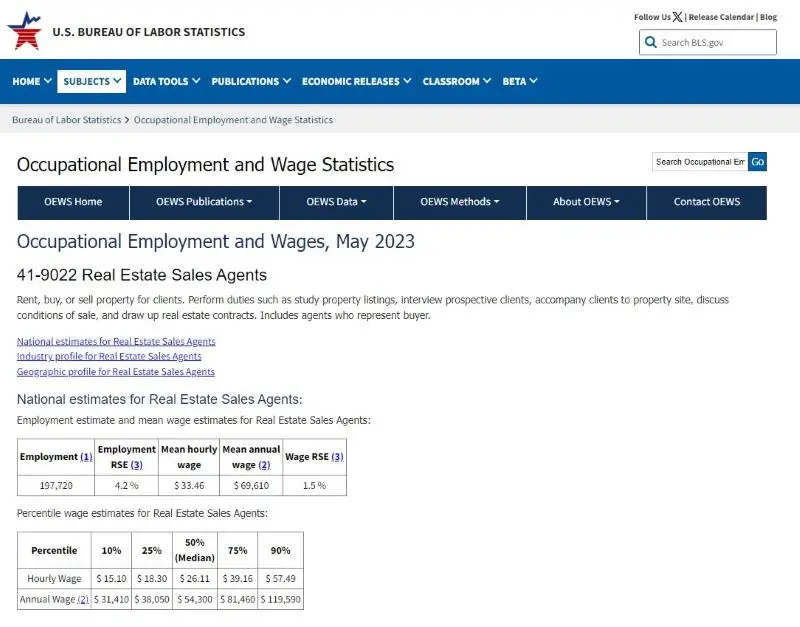
Pros:
- Extensive and detailed data on a wide range of labor market indicators.
- As a government agency, the BLS is a trusted source of labor market data.
- All of the data and reports are publicly available at no cost.
Cons:
- The sheer volume of data and the detailed nature of the reports can be overwhelming.
How much should I get paid?
The amount you should be paid depends on several factors, including:
- Job responsibilities. The nature of the work you're doing. For example, a software engineer typically earns more than a retail cashier.
- Experience and skills. More experienced or specialized individuals usually command higher salaries. For instance, a senior software engineer with extensive experience might earn $120,000 a year, while someone just starting out might get $70,000.
- Location. Salaries vary greatly by location due to cost of living differences. A graphic designer in New York might earn $80,000 annually, while the same role in a smaller city might offer $50,000.
- Industry. Different industries pay differently. For example, financial analysts in investment banking might make $100,000 or more, while those in nonprofit organizations might earn less.
- Company type. Larger organizations or those in high-demand sectors might offer higher salaries. For instance, a tech giant like Google might offer a higher salary compared to a smaller startup.
- Education. Advanced degrees or certifications can lead to higher pay. For instance, a project manager with a PMP certification might earn more than one without it.
FAQ
- How do salary websites work?
- They collect data from employers, employees, and public records to calculate salary ranges for various roles based on location, experience, and industry.
- Are wage websites accurate?
- Accuracy varies by data sources. Use multiple sites for a comprehensive view of ranges and trends.
- Are there salary websites specifically for niche industries?
- Yes, some of them focus on specific fields, such as Creativepool for creative industries or Dice for tech roles.
Conclusion about salary websites
In an increasingly competitive job market, being well-informed about salary expectations can make a significant difference in your career trajectory.
The salary comparison tools we've highlighted provide valuable insights to help you navigate compensation trends, negotiate effectively, and make informed decisions. By leveraging these resources, you can ensure that you're being fairly compensated for your skills.
Create your professional Resume in 10 minutes for FREE
Build My Resume




















